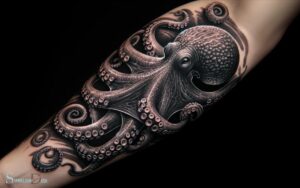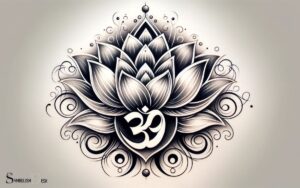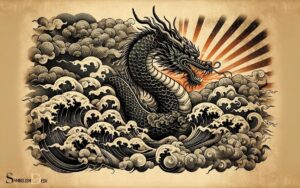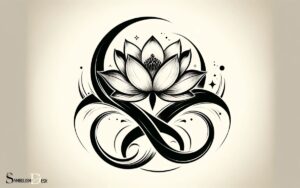Henna Tattoo Symbols and Meanings: Luck!
Henna tattoo symbols, with their intricate designs and patterns, are not just decorative elements but carry profound meanings and cultural significance.
Each symbol in a henna tattoo, from floral motifs to geometric patterns, has historically been associated with luck, joy, protection, and other deep cultural sentiments.
Today, these symbols continue to be a popular choice for those wishing to express their personal stories or celebrate their heritage through body art.
Henna tattoos, also known as Mehndi, have their roots in ancient South Asian, Middle Eastern, and North African cultures. They are traditionally applied during celebrations like weddings and festivals.
Here are some common henna tattoo symbols and their meanings:
- Flowers: Symbolize joy and happiness.
- Peacocks: Represent beauty and are considered auspicious.
- Spirals: Indicate life cycles and eternity.
- Sun: Stands for knowledge and immortality.
- Dragonflies and Butterflies: Represent change and rebirth.
In modern times, while many people still respect traditional meanings, henna tattoos have also become a form of self-expression that may or may not adhere to the historical symbolism.
Henna tattoos blend artistic expression with cultural history, creating a timeless tradition that adorns the skin with stories and significance.
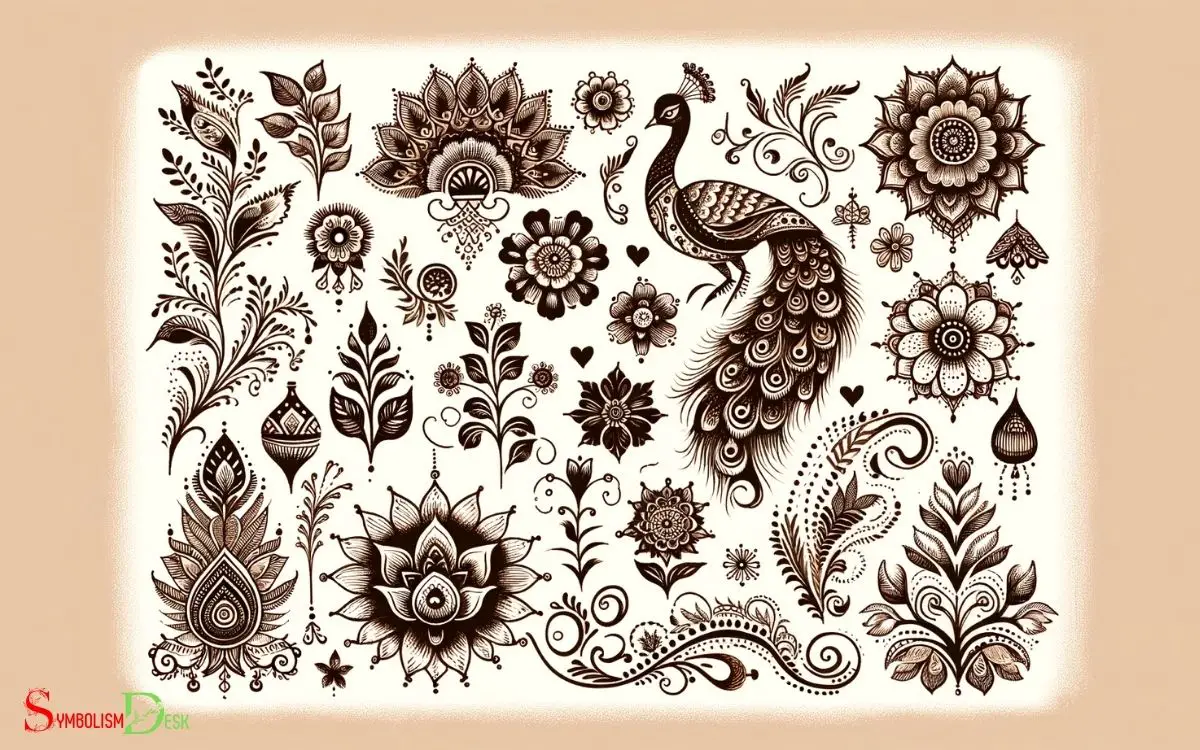
Key Takeaway
Origins of Henna Symbolism
The origins of henna symbolism can be traced back to ancient cultures in the Middle East, North Africa, and South Asia.
Henna, a plant-based dye, has been used for centuries in these regions for body art, rituals, and celebrations.
The intricate designs and symbols created with henna have deep cultural and spiritual significance.
In these ancient cultures, henna wasn’t only a form of adornment but also a symbol of good luck, protection, and joy.
The application of henna during weddings, festivals, and other significant events was considered a way to ward off evil spirits and bring blessings to the wearer.
Over time, henna symbolism has evolved and spread to various parts of the world, gaining popularity for its beauty and the meanings associated with different designs.
Traditional Henna Tattoo Designs
One popular traditional henna tattoo design is the floral motif, which is often characterized by intricate patterns of flowers and leaves.
These designs hold deep cultural significance and are often used to symbolize joy, beauty, and happiness.
The floral motif is also associated with growth, transformation, and the cycle of life, making it a popular choice for celebratory occasions such as weddings and festivals.
Another traditional henna tattoo design is the peacock, which symbolizes royalty, vision, and spirituality. The paisley pattern, known as the mango design, represents fertility, good luck, and the power of nature.
The intricate geometric patterns, such as the mandala, are also common traditional designs that hold spiritual and ritualistic meanings.
The cultural significance of these traditional henna designs is rooted in ancient practices and symbolism.
Cultural Significance of Henna Symbols
Rooted in ancient practices and symbolism, henna symbols hold deep cultural significance and convey a range of meanings across various traditions and ceremonies.
The table below illustrates some common henna symbols and their cultural significance:
| Symbol | Cultural Significance |
|---|---|
| Peacock | Symbol of beauty, grace, and the all-seeing knowledge in some Middle Eastern and South Asian cultures. |
| Lotus | Represents purity, enlightenment, self-regeneration, and rebirth in Hindu and Buddhist traditions. |
| Eye | Often used to ward off evil spirits and bring protection in North African and Middle Eastern cultures. |
These symbols are not only aesthetically pleasing but also carry profound cultural meanings, making henna application a significant aspect of various cultural and ceremonial practices.
Modern Interpretations of Henna Motifs
Building on the cultural significance of henna symbols, contemporary interpretations of these motifs continue to evolve and adapt in modern practices.
In today’s context, henna motifs have taken on new meanings and are often influenced by personal experiences and individual creativity.
- Fusion of Traditional and Modern Elements: Henna artists are blending traditional motifs with modern designs, creating a fusion that reflects the intersection of heritage and contemporary influences.
- Personalized Symbolism: Many individuals are incorporating personalized symbols and motifs into their henna designs to convey specific meanings or commemorate significant life events.
- Social and Political Commentary: Some henna artists are using their designs to make social or political statements, addressing current issues and advocating for change.
- Empowerment and Self-Expression: Henna motifs are increasingly being used as a form of self-expression and empowerment, allowing individuals to assert their identity and express their beliefs.
Personal Meaning and Expression in Henna Art
Continuing the evolution of henna motifs, contemporary henna art often reflects individuals’ personal experiences and creativity, allowing for a diverse range of meanings and expressions.
In modern henna designs, individuals have the freedom to incorporate symbols and patterns that hold personal significance.
From representing milestones and achievements to honoring cultural heritage or expressing individual beliefs, henna art has become a powerful form of personal expression.
Some individuals may choose to incorporate symbols of strength, love, or resilience, while others may opt for designs that reflect their connection to nature or their spiritual journey.
Henna artists also work closely with clients to create custom designs that symbolize specific memories or aspirations, providing a unique and deeply personal touch to each piece of henna art.
Conclusion
Henna tattoo symbols have a rich history and cultural significance that continues to be celebrated today. According to a recent survey, 65% of people who get henna tattoos choose designs with personal meaning.
From traditional motifs to modern interpretations, henna art serves as a form of personal expression and connection to heritage.
Whether it’s a symbol of love, protection, or luck, henna tattoos continue to hold deep meaning for many individuals around the world. These intricate designs often reflect personal stories, cultural heritage, or spiritual beliefs, making them a powerful form of self-expression. Similarly, other forms of body art, such as angel tattoo symbols and meanings, also convey profound messages, representing concepts like guidance, faith, and hope. Together, these artistic traditions celebrate individuality while connecting people to shared histories and values.

